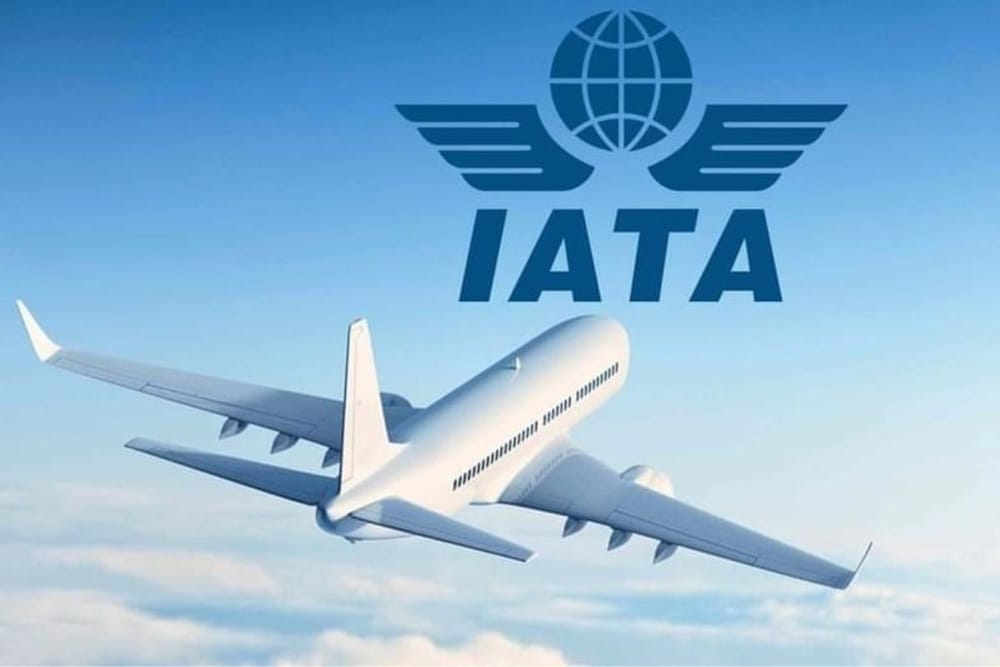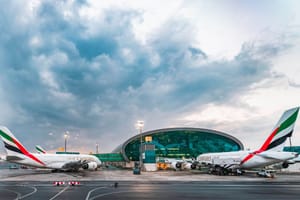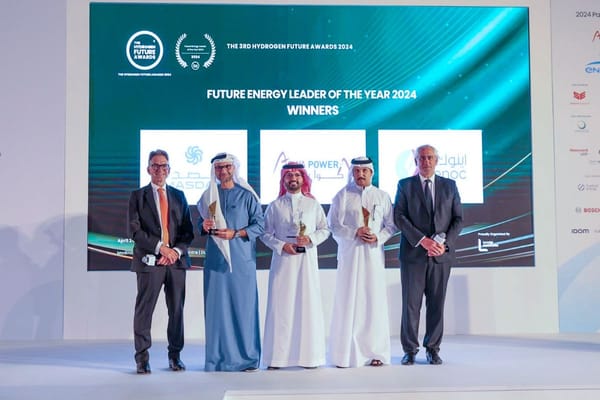The International Air Transport Association (IATA) announced that its projections for a tripling of Sustainable Aviation Fuels (SAF) production in 2024 to 1.9 billion liters (1.5 million tonnes) are on track.
This would account for 0.53% of aviation’s fuel need in 2024. To accelerate SAF use, there are several policy measures that governments could take.
“SAF will provide about 65% of the mitigation needed for airlines to achieve net zero carbon emissions by 2050. So the expected tripling of SAF production in 2024 from 2023 is encouraging. We still have a long way to go, but the direction of exponential increases is starting to come into focus,”
said Willie Walsh, IATA’s Director General, in a statement marking his participation in the 80th IATA Annual General Meeting (AGM) and World Air Transport Summit, convening in Dubai from 2 to 4 June 2024.
Increasing renewable fuel production is key to boosting Sustainable Aviation Fuel (SAF). By 2030, 140 projects could produce 51 million tonnes, but SAF must rise from 3% to 27% of this to meet the International Civil Aviation Organisation's goal of a 5% CO2 emissions reduction.
“The interest in SAF is growing and there is plenty of potential. But the concrete plans that we have seen so far are far from sufficient. Governments have set clear expectations for aviation to achieve a 5% CO2 emissions reduction through SAF by 2030 and to be net zero carbon emissions by 2050. They now need to implement policies to ensure that airlines can actually purchase SAF in the required quantities,”
said Willie Walsh.
There are several potential solutions to accelerate aviation’s access to critical SAF quantities:
Diversify feedstocks: About 80% of SAF production in the next five years will come from hydrogenated fatty acids like used cooking oils and animal fats. Expanding the use of other certified pathways and feedstocks, such as agricultural residues and municipal waste, can significantly boost SAF production.
Co-processing: Existing refineries can be used to co-process up to 5% of approved renewable feedstocks alongside the crude oil streams. This solution can be implemented quickly and materially expand SAF production. However, policies must be put in place urgently to facilitate consistent life-cycle assessments.
Incentives to improve the output mix at renewable fuel facilities: Renewable fuel facilities prioritize diesel due to incentives and demand from road transport. As road transport electrifies, policies should shift production to sustainable aviation fuel (SAF). Incentives for SAF can ease this transition with minimal facility modifications.
Incentives to boost investments in renewable fuel production: The production of all renewable fuels will need to scale up rapidly, and among them, the need for a growing share of SAF production will necessitate strong policy support. One such clearly articulated policy is the US Grand Challenge and the $3 billion of investments it supports. Stable, long-term tax credits would further maximize SAF production capability in both existing and new facilities.
Building more renewable energy facilities, enhancing the feedstock supply chain, and allocating more renewable fuel to aviation are key to decarbonizing the industry. Governments should expedite approvals for diverse feedstocks and methodologies. Public support for sustainable aviation fuel (SAF) is strong, with 86% backing government incentives and prioritization by oil corporations.
News Source: Emirates News Agency









